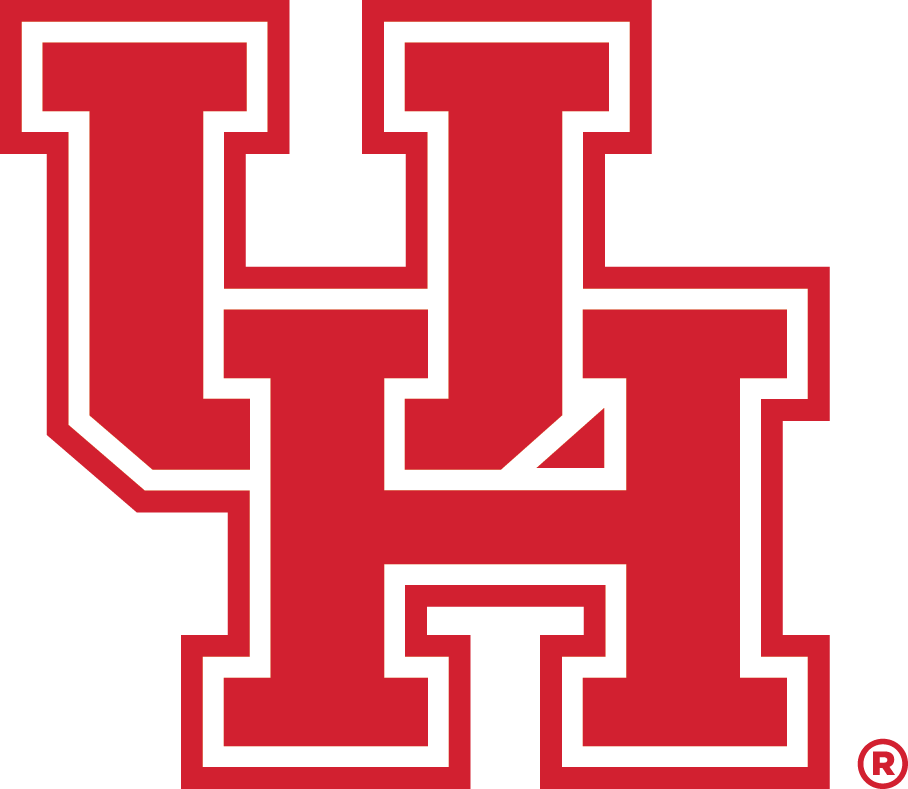The Course modules are reviewed regularly to ensure they are up-to-date and informed by the latest research, and, by means of a panel of external specialists, satisfy the requirements of industry and academia. The modules contain what the industry panel view to be necessary coverage for groundwater professionals. There are thus no optional modules, though specialisation is possible when undertaking the project.
Almost all modules have practical classes integrated into the teaching sessions. These are problem-solving sessions, usually often involving calculations, and are supervised by lecturers, in some cases supported by demonstrators.
Groundwater Hydraulics (20 credits) [Autumn Term]
Aims: To develop a working understanding of
the physical processes controlling groundwater movement and solute transport
the mathematical models used to describe these processes
the laboratory and field hydraulic tests available to characterise the subsurface hydraulically.
Delivery: The module combines lectures, practicals, computer, fieldwork, and laboratory work.
Assessment: By examination (50%; groundwater flow and solute transport theory) and assessed exercise (50%; hydraulic property assessment)
Surface Water and Groundwater Interactions - Theory, GIS and Programming (20 credits) [Autumn Term]
Aims: To develop
a quantitative understanding of the physical processes occuring at the ground surface boundary to groundwater systems
GIS skills for advanced mapping, data processing and in aid of numerical modelling
programming skills, which are then applied to solve practical problems using the theory introduced in this and other modules.
Delivery: Through lectures and practicals.
Assessment: By two assessed exercises, one on hydrological investigations and the other, working in teams, on the development of a basic groundwater code using Python.
Borehole Design, Construction and Maintenance (10 credits) [Autumn Term]
Aim: To develop a working understanding of the theory and practice of the design, construction and maintenance of boreholes, including pump choice and borehole geophysics.
Delivery: Through lectures and practical sessions, two thirds of which are taught by an external, industry-based lecturer. [Note that this module is formally combined for administrative purposes with the Inorganic Chemistry and Groundwater module into one 20 credit module.]
Assessment: By two assessed exercises, one developing a borehole design given a client requirement, and the other developing an interpretation of a suite of borehole geophysical logs.
Inorganic Chemistry and Groundwater (10credits) [Autumn Term]
Aim: To develop a working understanding of aqueous inorganic chemistry appropriate to facilitate interpretation of groundwater chemistry data sets to solve problems relating to regional groundwater flow, groundwater contamination, and well design.
Delivery: Through lectures and practical and computer modelling sessions, with some fieldwork. [Note that this module is formally combined for administrative purposes with the Borehole Design, Construction and Maintenance module into one 20 credit module.]
Assessment: By examination covering the analysis and interpretation of water sample compositions.
Groundwater Organic Contaminant Pollution and Remediation (20 credits) [Spring Term]
Aim: To develop a working understanding of
contaminant sources; toxicology, environmental standards, and example legislative drivers
organic compound behaviour (phase partitioning, reaction) in the subsurface and how it can be evaluated quantitatively
groundwater contaminant risk assessment and remediation scheme design, including monitoring design.
Delivery: Through lectures and practical sessions, with fieldwork. A significant contribution on practice is provided by guest lecturers from industry remediation and groundwater monitoring specialist organisations.
Assessment: By the devleopment of a report of the analysis of a particular contamination scenario, from conceptual model development through to monitoring design and remediation option evaluation.
Groundwater Flow Modelling (10 credits) [Spring Term]
Aims:
to develop a working understanding of groundwater flow modelling
to refine skills in conceptualising groundwater systems from limited data
to gain practice in use of professional groundwater flow modelling software
to produce technical reports of professional standard.
Delivery: All lectures and practicals are held in a specialised teaching computer cluster. A combination of group work and individual work, small group tutorials and online support are provided to aid the development of skills. The software is supplied free to students for the year for use also on their own machines by Stantec. [Note that, formally, this module is combined with Contaminant Transport Modelling to form one 20-credit module.]
Assessment: By coursework - the development and calibration of a groundwater flow model.
Contaminant Transport Modelling (10 credits) [Spring Term]
Aims:
to develop a working understanding of contaminant transport modelling
to gain practice in use of professional solute transport groundwater modelling software
to produce modelling reports of professional standard.
Delivery: Similar to the Groundwater Flow Modelling Module including lectures, practicals, group work, individual work, tutorials and online support. [Note that, formally, this module is combined with Groundwater Flow Modelling to form one 20-credit module.]
Assessment: By coursework - the development, calibration, and application of a solute transport model.
Further Topics (10 credits) [Spring Term]
Aim: To develop an understanding of important, more advanced aspects of groundwater science and engineering, including: further unsaturated zone flow theory and practice; further exploration of recharge estimation; variable density flow theory and practice; and fracture flow theory and practice.
Delivery: By lectures and practical exercises. [Formally, this module forms 50% of a 20-credit module including also Water Resources Studies.]
Assessment: By coursework.
Water Resources Studies (10 credits) [Spring Term]
Aims:
to develop an understanding of how hydrogeological assessments are structured
to develop ability in hydrogeological interpretation and water resources assessment for different geological settings, climates, and socio-economic requirements
to develop an understanding of how the various aspects of hydrogeological investigation are integrated
to provide an introduction to the hydrogeological research and industry community
to enhance technical writing and presentation skills.
Delivery: Tutorials, team working, and a visit to a national groundwater scientific conference. [Formally, this module forms 50% of a 20-credit module including also Further Topics.]
Assessment: Students work in teams to produce a report on particular hydrogeological environments, and present their findings to their colleagues in a day of talks.
Show less










